The Body and Holiness: A Scholarly Look at Gender in Medieval Hagiography
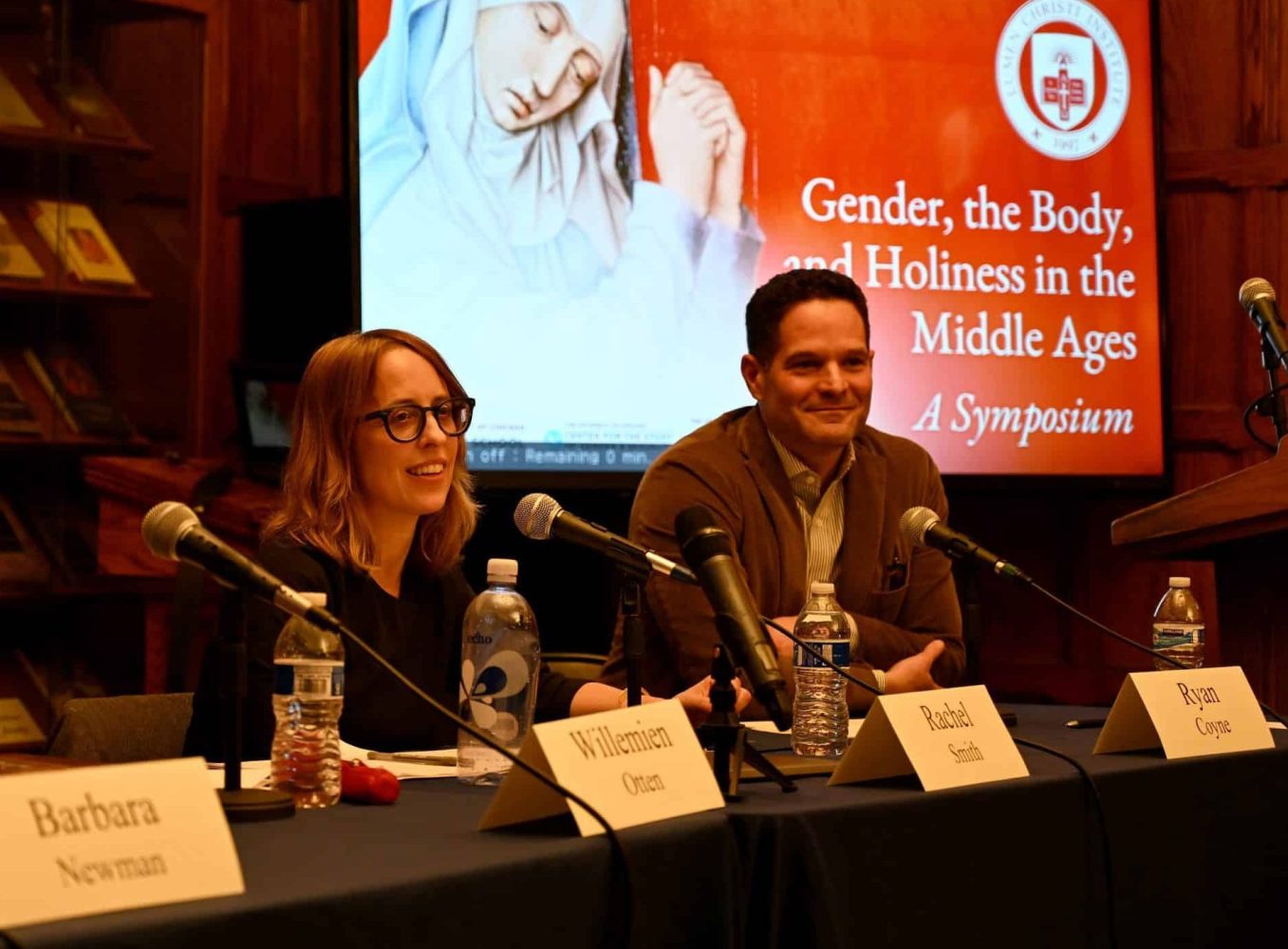
How does the gendering of images in medieval hagiography render holy women vivid, compelling, and desirable? On February 27, five scholars set out to answer this question. Rachel Smith (Villanova University) opened the conversation.
Against Nostalgia: Catholicism, History and Modernity
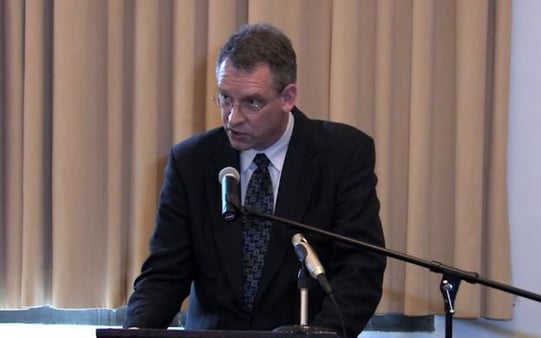
Deeply ingrained assumptions about the nature of historical change prevent an adequate comprehension of the transformations that have created the contemporary Western world over the past half-millennium. Departures from traditional Christianity since the sixteenth century, and related attempts to ground truth claims in scripture or reason alone yielded unintended pluralisms via Protestantism and modern philosophy that remain pervasively influential today. Catholicism continues to offer an intellectually viable alternative–provided one does not subscribe to inadequate views of how the past became the present. You can subscribe to the Lumen Christi Institute Podcast via our Soundcloud page, iTunes channel, or by searching for our…
Shakespeare’s Jewish Questions
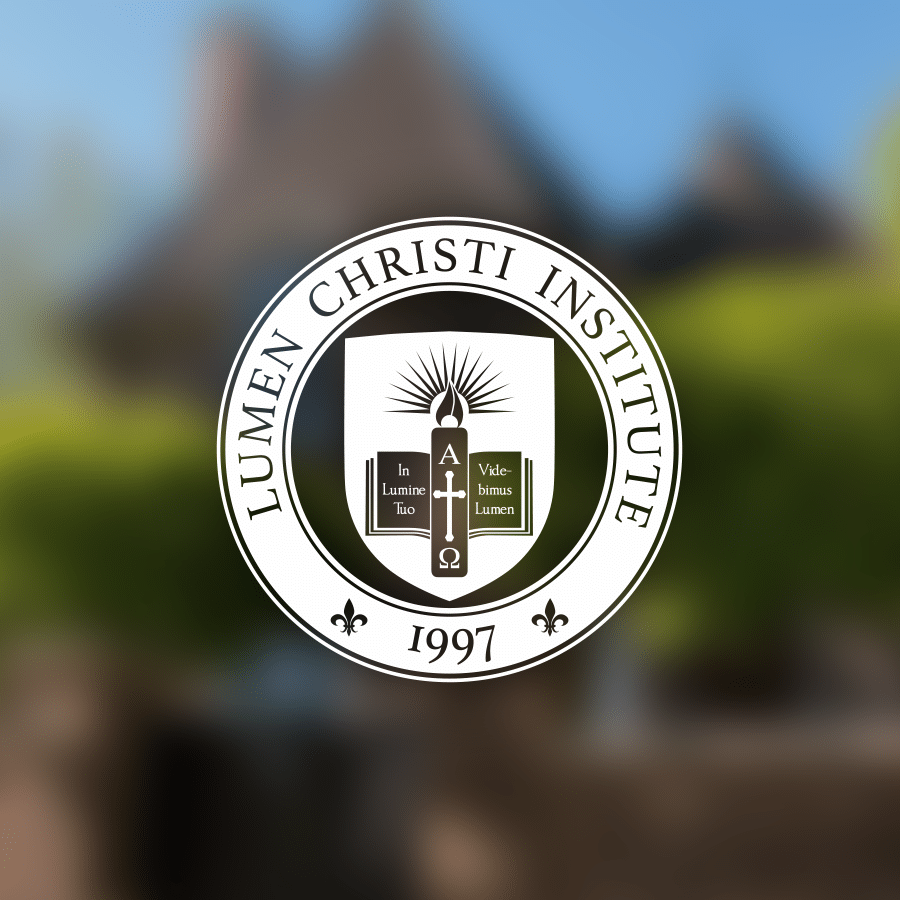
David Nirenberg (University of Chicago) Cosponsored by the Chicago Center for Jewish Studies
Follow the Star: Medieval and Renaissance Music for Epiphany

Friday, January 7, 8:00pm Rockefeller Chapel, 5850 S. Woodlawn Ave. Saturday, January 8, 8:00pm St. Clement Church, 642 W. Deming Place Tickets available at door: $20 general, $10 students and seniors, Free for University of Chicago students
“Eriugena: The Medieval Irish Genius Between Augustine and Aquinas”
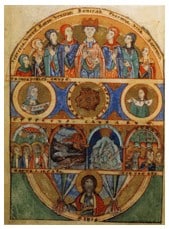
The Carolingian thinker Johannes Scottus Eriugena (810-877CE) is the author of numerous philosophical and theological works. Most famous among them is the Periphyseon or On Natures (864-866CE), a metaphysical dialogue drawing on the Greek and Latin patristic and classical traditions. Having been falsely condemned because of pantheism in 1225, Eriugena was only seriously studied in the twentieth century, which saw a major effort to complete all the critical editions of his works (until 2005). With all the modern tools in place, it is time to map out a vista of what the tradition of medieval Western thought would have looked like, had he not been excised…
“The Christian Mystic in a Post-Modern Culture”

Co-sponsored by the University of Chicago Theology Workshop and the Center for World Catholicism and Intercultural Theology at DePaul University Maria Clara Bingemer (Catholic University at Rio de Janeiro) Bernard McGinn (University of Chicago, Emeritus)
“The Dignity of Being a Substance”
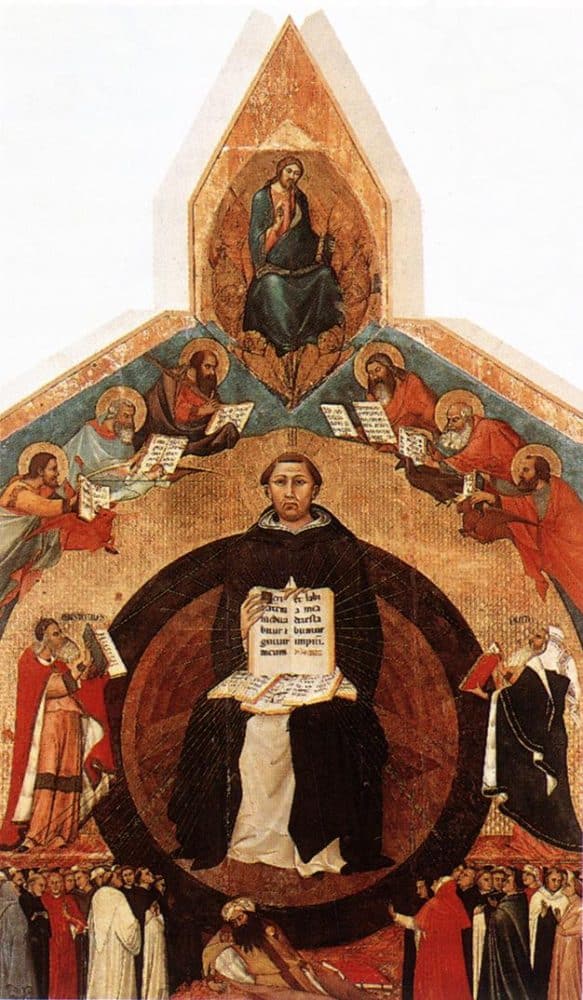
Co-sponsored by the Committee on Social Thought and the Program in Medieval Studies Thomas Aquinas characterized the person as “what is most perfect” and “most worthy” in all of nature. What grounds the dignity of the human being as a person? While in our day a metaphysical approach to the question is undervalued, this lecture attempts to show the value of such an approach in terms of “substance” and “nature.”
“Humility in Bernard of Clairvaux and al-Ghazali: A Christian and A Muslim Perspective”

A Concert of Sacred Music, “Josquin: Master of the Notes”

Schola Antiqua of Chicago, Artists-in-Residence at the Lumen Christi Institute, presented a program exclusively dedicated to the music of Josquin des Prez, one of the most important composers from the late fifteenth and early sixteenth centuries. His fluid and persuasive style of composition encapsulates the transition between the sound-world of the late Middle Ages and that of the High Renaissance. The centerpiece of the concert featured a rare performance of the composer’s Mass for the Blessed Virgin, a four-voice setting of the Mass Ordinary that figures among the latest of the composer’s masses, written around 1510. The program, under the…
“The Identity of Knower and Known in Aquinas”
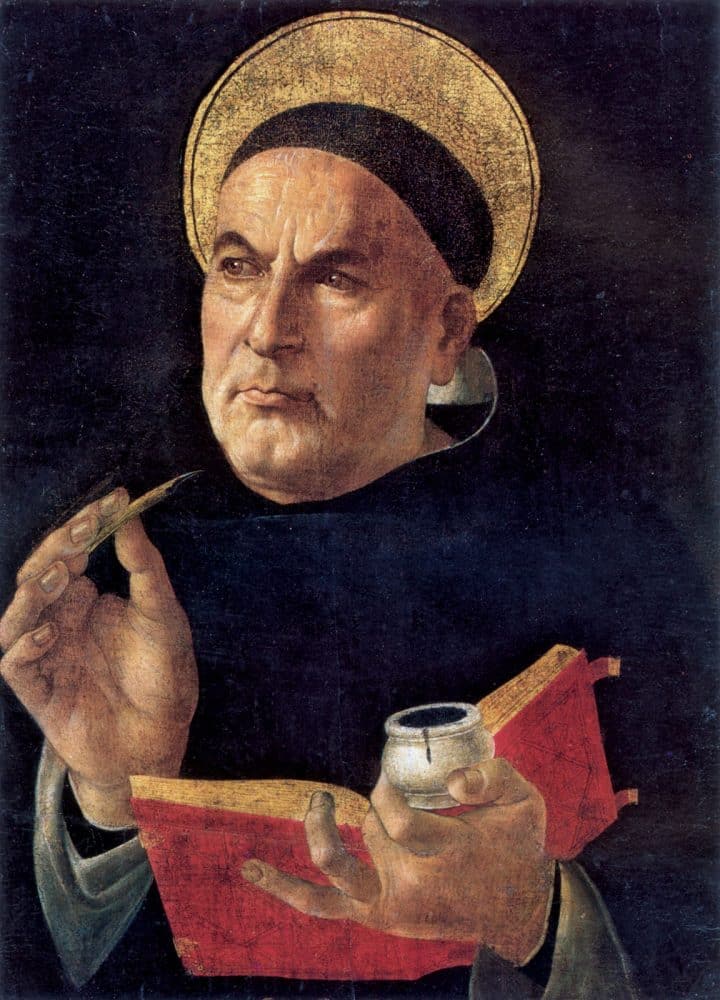
Lecture Abstract: The claim that knowledge involves an identity of knower and known has its historical roots among the Greeks. This lecture explores this claim as one finds it in the writings of St. Thomas Aquinas. Professor O’Callaghan will explore these issues in critical dialogue with two different papers, one by Wilfrid Sellars titled “Being and Being Known” and the other by John McDowell titled “Sellars’s Thomism.”